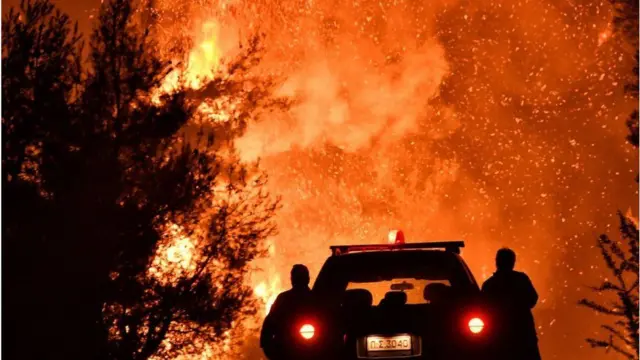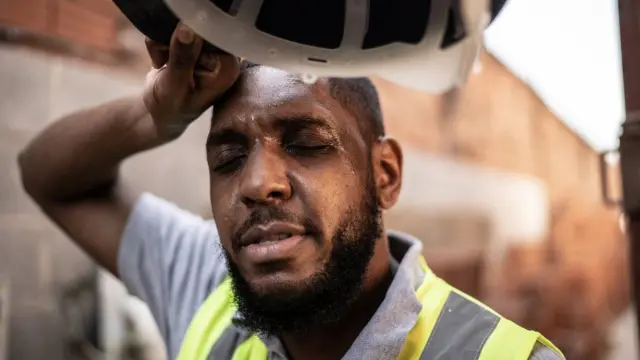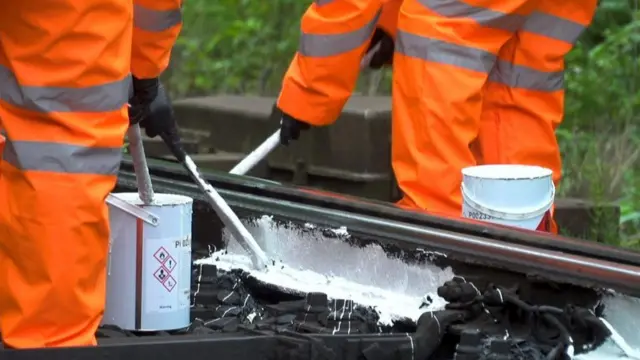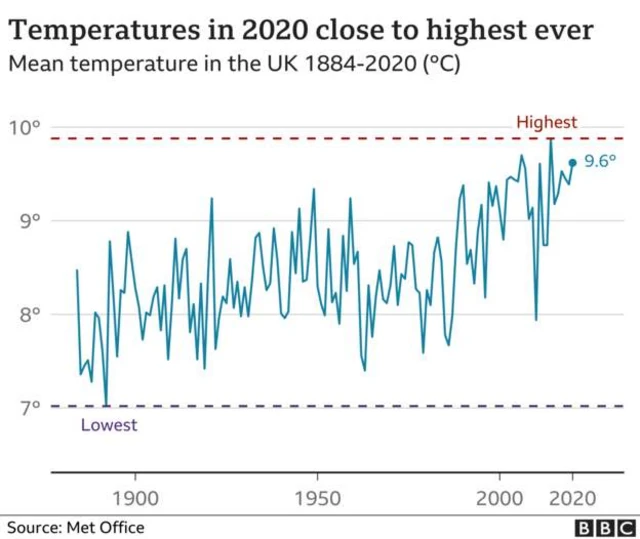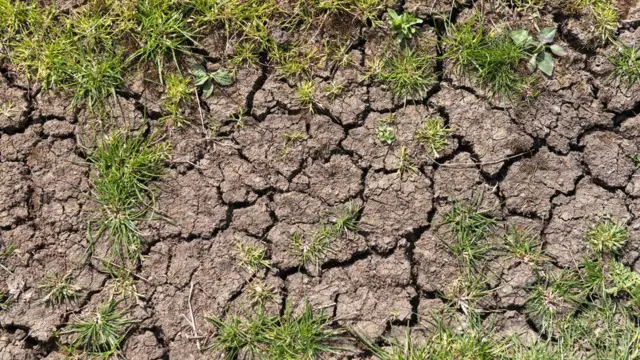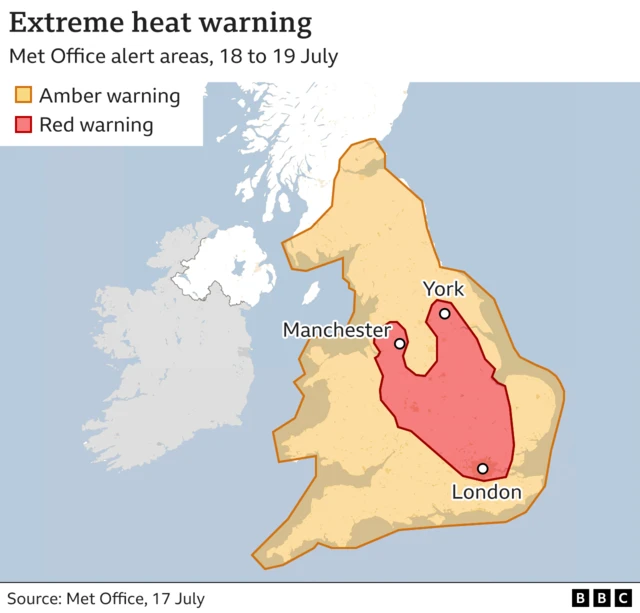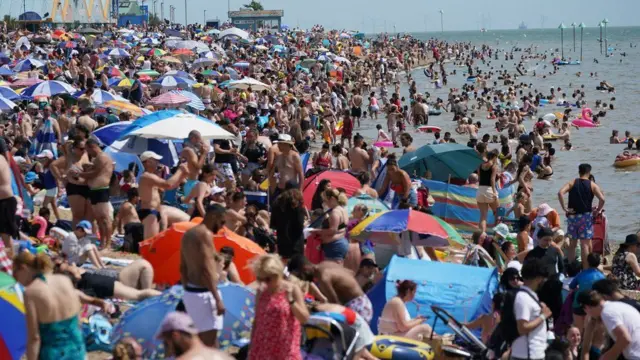Ambulance service expecting surge in 999 callspublished at 09:20 BST 18 July 2022
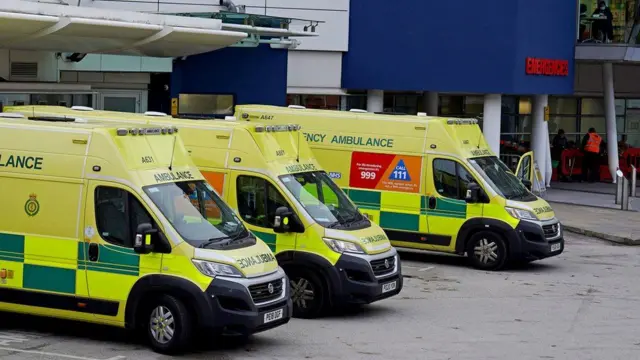 Image source, PA Media
Image source, PA MediaBrian Jordan, director of 999 operations at London Ambulance Service, says high temperatures can have a significant impact on health.
A busy day for the ambulance service would see 5,500 emergency calls but they are anticipating up 8,000 calls today, Jordan tells the BBC.
He says the public can help by staying safe and responsible by looking after themselves and others in the heat.
He advises the public to "only call 999 if it’s a genuine emergency - if it's urgent rather than an emergency, contact NHS 111 online for support, external".
Asked about how ambulances will manage if patients are having to wait long periods in outside hospitals in the heat before being admitted, he says a patient flow system is in place for crews to contact a control room to advise which hospitals are the least busy - and that ambulances are air conditioned.

